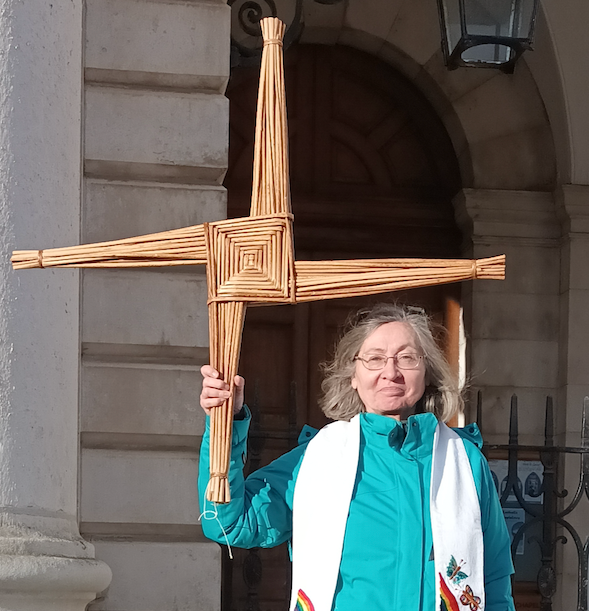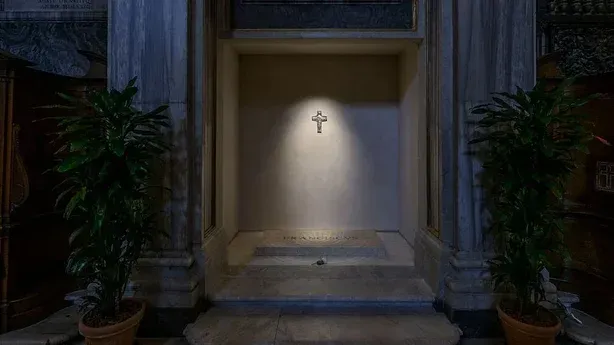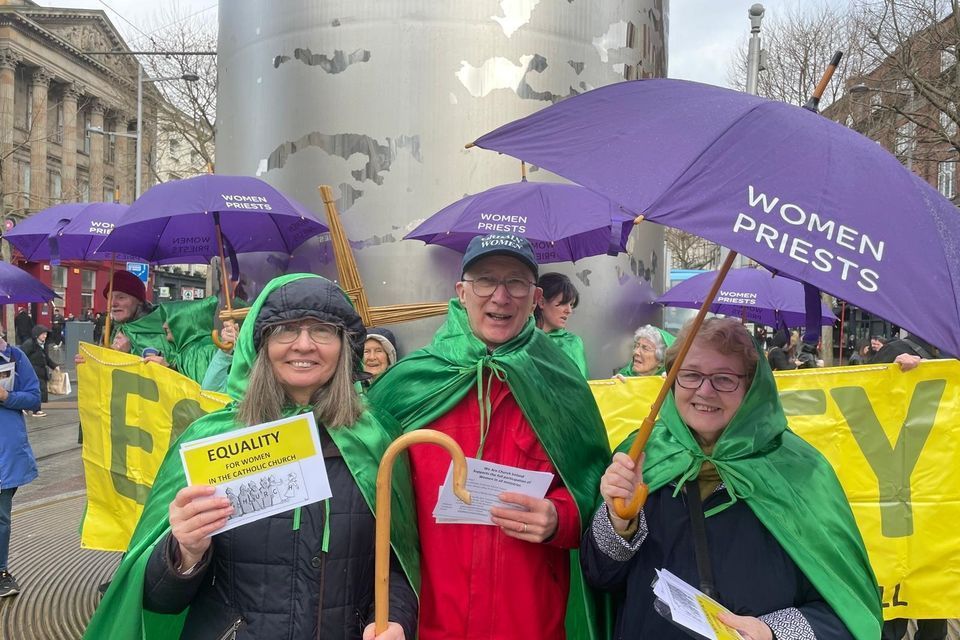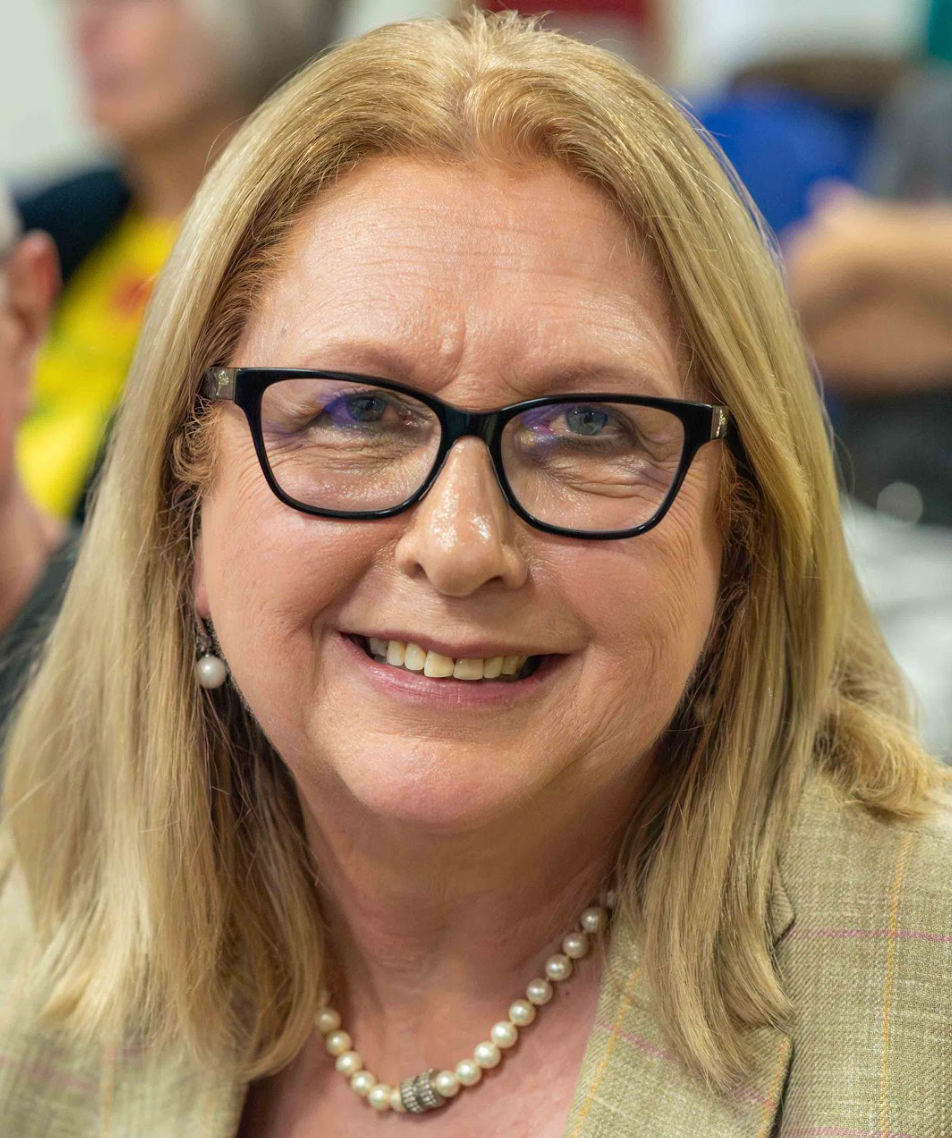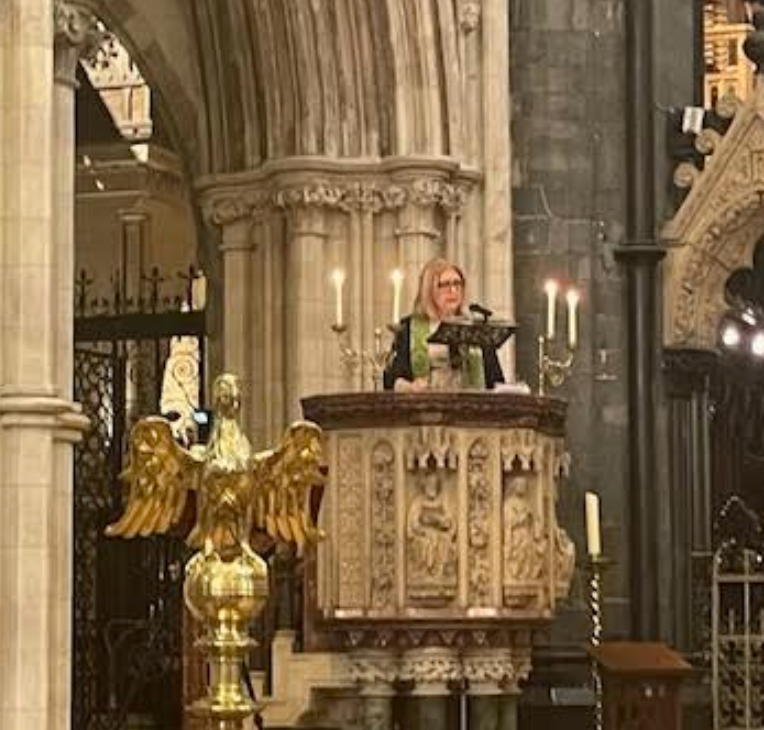Main points from WAC ZOOM Synod Listening Session on 10 March 2022
These main points have been forwarded to our 26 bishops, the Papal nuncio and Cardinal Grech at the Synod Office
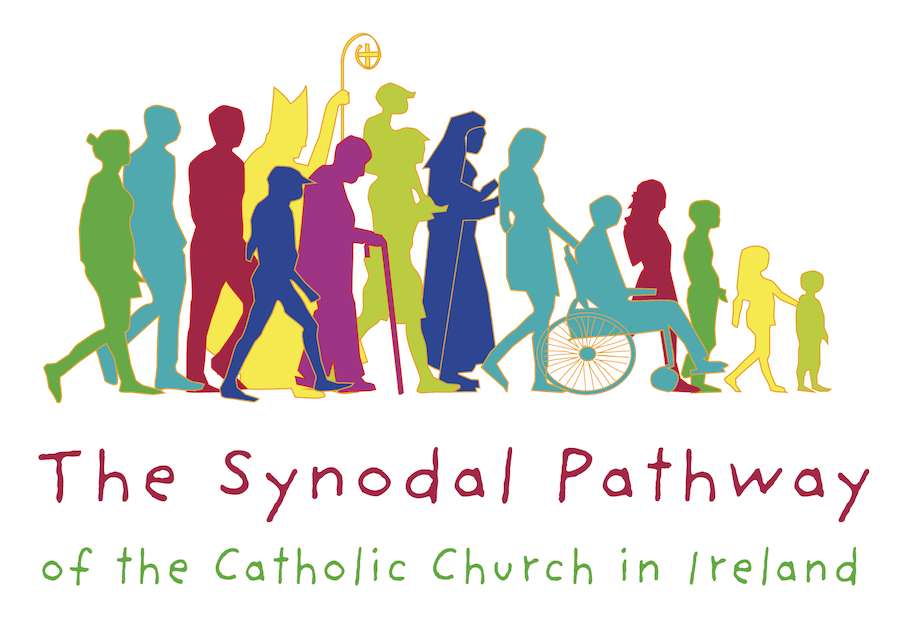
WAC ZOOM Synod Listening Session 10. March 2022
We Are Church Ireland organised this ZOOM Listening session as a contribution to the Global Synodal process which consisted of two rounds:
1. “My experience of church”
2. “What changes are important for our church?”
Listed below are the main points from each of the 4 Break-out rooms
ROOM 1
1. That women have full access to all sacraments open to men. The Ordination of women is of paramount importance within the present structures of the Institutional Church. There was acknowledgement of the psychological harm caused by the Institutional Church when a person with a vocation is prevented from fulfilling a calling to serve as a priest. For this to be dependant upon one's gender rather than the qualities of their character and their Spirit-given gifts is unacceptable and an abuse (discriminatory and spiritual abuse). Full inclusion to all sacramental and clerical roles of LGBTQ+ people, divorced and remarried people.
2. A return to the early basics of the faith (from the time of Jesus up to 300 AD ) with small grass roots home prayer/church groups led by the laity. Ordained ministers are welcome to attend but are not necessary or even desirable to lead celebrating Eucharistic /breaking bread. Grass roots groups to have a process of ongoing synodality with a mechanism to meaningfully contribute to the decision making within the local church and holding clergy to account.
3. Clericalism, and the system of governance and hierarchy that has evolved from this, is rigid, discriminatory and not fit for purpose - it fosters the development of an echo chamber where only the voices of the elite and powerful male clerics are allowed to drive decisions. It leads to corruption through the pursuit and retention of power, leads to stagnation and is increasingly irrelevant in the modern era. Replace the hierarchical structure with a simpler, more inclusive and responsive, shared process of decision-making engaging both laity and clergy.
4. The language of the liturgy, bible, lectionary, and all holy texts of the Catholic church to be written in Inclusive language giving equal weight and importance to gender, sexuality, orientation, fully representing the equality of all God's people. The androcentric focus of the Catholic liturgy and scripture must be replaced and removed to reflect the equality of all God's people. The use of male pronouns to represent our God must be revised to reflect both the feminine and masculine character of God. In ancient times the Holy Spirit was identified by the female pronoun. The theology of the catholic faith must be completely revised to reflect the truths of the modern era returning to the teachings of Jesus. The theology passed down since the 300 AD has evolved and been re-written many times over to strengthen androcentric and patriarchal perspectives to serve a particular world-view.
5. That there be equal voice of both female and male in the decision-making within the church. As part of this present synodal process, 3000 clerical men will have the final say - so-called discernment, regarding the direction for the future church. To achieve balance, 3000 of the laity, all female, be given the right to contribute to the process of discernment accounting for 50% of the final decisions.
6. Canon Law serves to protect the clergy often to the detriment of the laity as has been evidenced all too starkly in the numerous scandals within the church by relying on concealment and secrecy. That the Institutional church adopt the UN charter of Human Rights and apply these in all it's interactions and activities concerning the laity, religious and clergy. That the UN Charter of Human Rights take precedence above Canon Law and that Clerics must submit to the law of the land where crimes have been committed.
ROOM 2
**Promote lay involvement in governance in all areas of the Church. Provide formation for this to happen
**Include women as co equals with men in celebrating all liturgical services in the Church
**undertake wide liturgical reform so that rituals and language connect with 21st century people
**listen and attend to the needs of the older generation in the Church
**What is the barrier to the ordination of women?
ROOM 3
Do away with the distinction in roles of men and women in the Church. This is a false distinction which is an obstacle to the working of the Spirit and creates division.
The Church as institution needs to be dismantled: patriarchy, the pyramid model, clericalism, all disregard the fact that all are equal as baptised people. Therefore there should be equality and respect for the unique gifts of each one.
There is a disconnect between the institution and many people who live the Gospel without realising it. There is also a disconnect between the institution and the findings of modern science on such topics as sexuality, gender, etc.
Bishops in Ireland should be elected by the people. They need to listen to the people: to stand up to the Bishops in the Vatican and insist on lay involvement in decision-making and in all levels of the workings of the Synod.
At parish level there needs to be shared decision-making. Every parish should have a Parish Pastoral Council elected by the people and the Parish Priest should not have right of veto over its deliberations and decisions. There should be lay parish co-ordinators, chosen by the community.
Ie what is important for our Church is radical and significant change which has as its basic principle to foster the living of the Gospel.
ROOM 4
1. Change governance structures, so that diverse voices are heard at decision-making level. How? Upend the pyramid: elected bishops/female and male lay cardinals/parish priest’s role collaborative not authoritarian.
2. Towards an inclusive church based on the words and example of Christ. Therefore no exclusion of women from any role, including ordination, no exclusion of anyone on the basis of sexuality, marital status, divorce etc.
3. Reform the liturgy. Simple, meaningful and inclusive language used in all prayers, including in Mass. Revise the lectionary so that readings from the Old Testament are relevant and uplifting.
1 All had shared experiences as children of wanting to play at being the priest, giving out communion at our house mass and loving it. All had good memories of very prayerful children, alas ordination was not for women!
2 The occasional priest encouraged us by saying WAC were saying what a lot of parishioners are saying about the church privately.
3 Canon Law teaching drives people out of the church. Official teaching of the church is not in tune with the message of the gospel and Jesus’ Way.
4 Lectionary needs to be revised/re-written - inclusive language and include all the people of God; modern telling of gospel stories and how to relate the teachings of Christ to today’s world. Shared homily.
5 Many good priests are depressed and oppressed after all the work that went into “Year of Family”
recommendations that the bishops sent to Rome, all to no avail. When the document came back from the Vatican, all references to women’s ordination in the church, homosexuality, lectionary, training of seminarians, etc were ignored and this Exclusive Club of clerics told the laity this is how it is – if you don’t like it – off you go.
6 Abuse of power: In one parish in Edinburgh. After the Keith O’Brien scandal, youth workers were sacked for not teaching Canon Law traditional religion and the appointment of new staff, who do what they are told, left a lot to be desired.
7 A more democratic church – equality of voices – more open ordination of married men, not just converts to Catholicism who can remain ordained priests.
8 Abolition of compulsory celibacy.
9 Pre-marriage course and marriage encounter should not invade the privacy of married couples by any priest probing the sexual act of married couples.
10 Mass is often a “performance” with little witness to Jesus’ teaching and real welcome from the priest.
11 Parish Priests should not have a veto over what is discussed and decided upon at Pastoral Council meeting. Synod has not been promoted/encouraged by PPs.
12 Governance: the pyramid should be a truncated pyramid, with no apex, that is: no pope, no cardinals, only members of the Church, in equality terms (women/men, laypeople/clergy) that vote a bishop. No pope, no cardinal college. Sorry I sound a little protestant, but I do not see the point for a pope. I know that all this is a dream, but let’s say that the main point is the equality of all baptised, equal participation managing the church and voting for bishops.
13 Hopes: The synod will open the door for change. That the priests will live their call to being “Servants of the People of God”. Root and Branch reform of all Ministries needed if the church is to survive.
Attending this ZOOM Listening Session were:
Cristina Bernardis
Breda Butler
Brendan Butler
Maura Clerkin
Maggie Conway
Colette Dempsey
Emmet Devlin
Patricia Devlin
Nieves Fernandez
Noel Fitzpatrick
Kathy Foulds
Mike Foulds
Patricia Hallahan
Colm Holmes
Soline Humbert
Kevin Liston
Patrick Littleton
Dairne McHenry
Noran Mary O’Driscoll
Josephine O’Neill
Liz Maitland
Mary Morrissey
Jacqueline Nelson
Máire Ní Shiodhail
Maeve Walsh
Nora Wiseman
